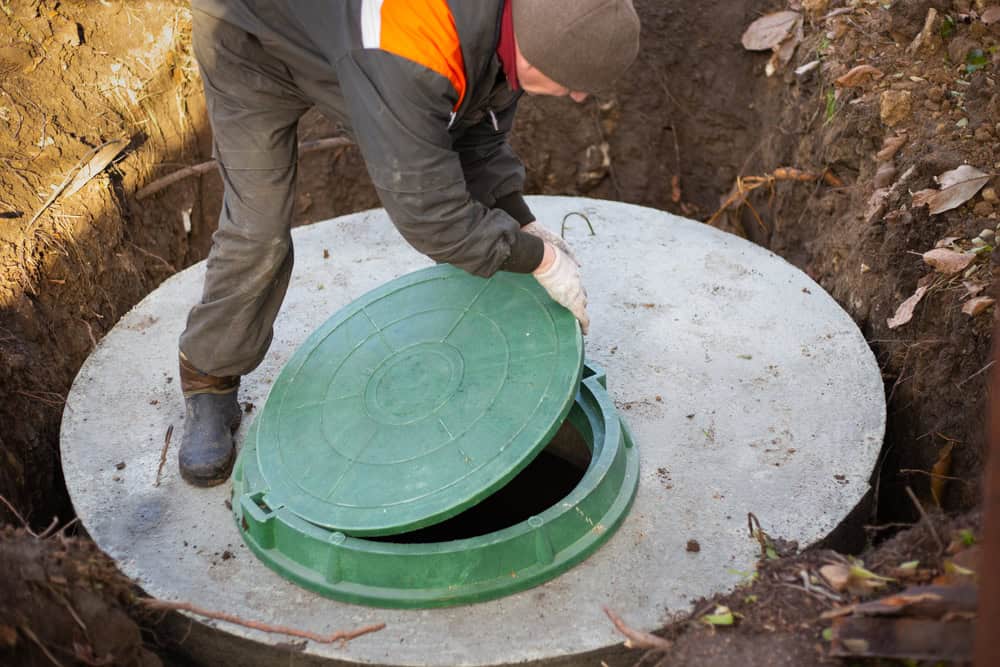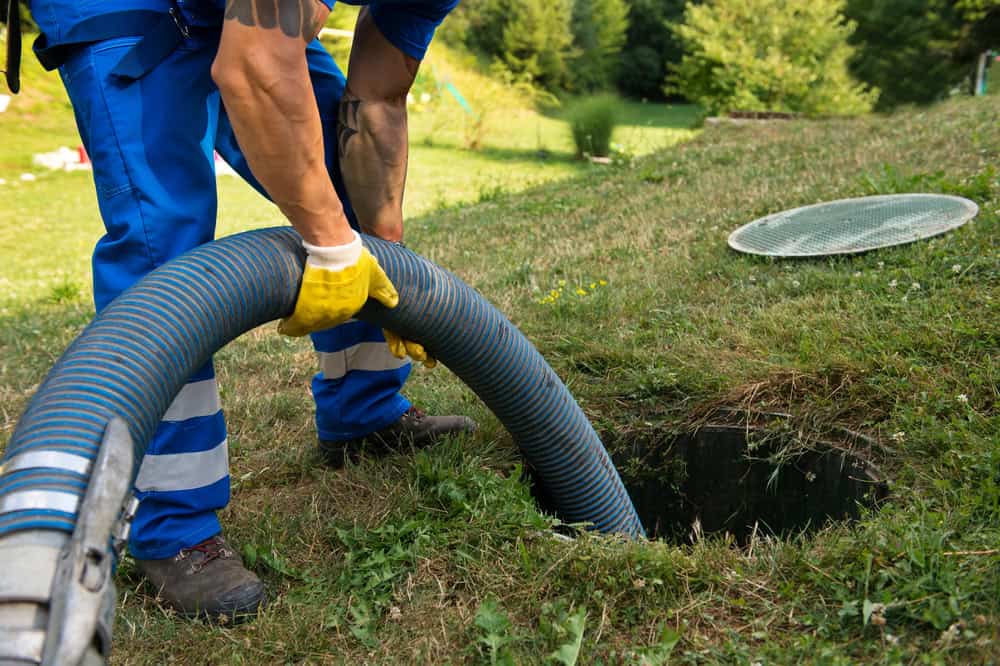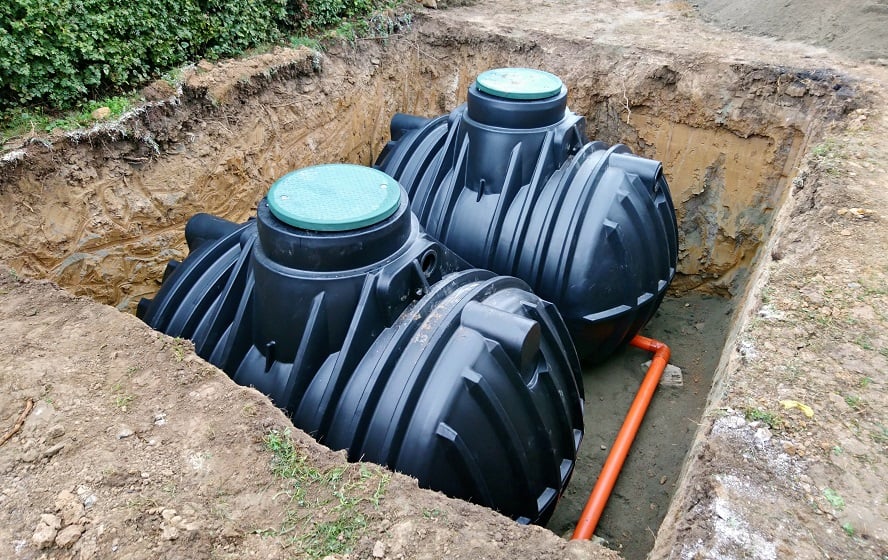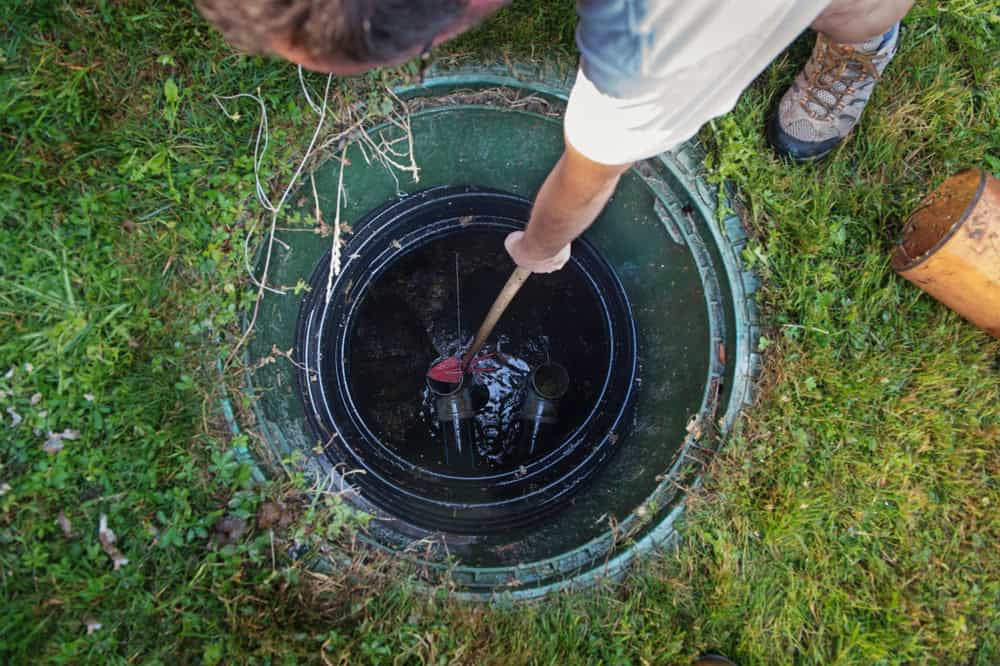
Hear from Our Customers

You won’t deal with sewage backing up into your home or foul odors ruining your yard. Your drains will work like they should, your system will last years longer, and you’ll avoid those emergency calls that cost three times as much.
Regular cesspool maintenance means no more slow drains, no more worried glances at your basement floor during heavy rains, and no more explaining to guests why your bathroom smells off. You get a system that works quietly in the background, exactly like it should.
We’ve been handling Plainview’s cesspool challenges for nearly two decades. Our family business spans four generations, which means we’ve seen every type of cesspool problem this area can throw at us.
We’re licensed, insured, and owner-operated. That means when you call, you’re talking to people who actually own the business and stand behind every job. We’ve been serving Nassau County long enough to know that Plainview’s post-war housing boom created neighborhoods full of aging cesspools that need experienced hands.

First, we assess your system. We’ll locate your cesspool, check access points, and determine what type of service you need. No guesswork, no upselling – just an honest evaluation of what’s going on.
Next comes the actual work. Our trucks pump out accumulated waste, and we inspect the system while we’re at it. We’ll spot potential problems before they become expensive emergencies. The whole process typically takes a few hours, and we clean up completely when we’re done.
Finally, we give you a clear timeline for your next service. Most Plainview homes need pumping every 2-3 years, but we’ll base our recommendation on your actual usage and system condition, not some generic schedule.

Ready to get started?
Our cesspool services cover everything your system needs. Pumping removes built-up sludge and prevents overflow. Cleaning addresses clogs and blockages that slow your drains. Inspections catch problems early, before they turn into expensive repairs.
Plainview’s housing development boom in the 1950s means many homes here have cesspools that are 60+ years old. These systems need experienced care, not quick fixes. We understand how Long Island’s sandy soil affects drainage, how seasonal water table changes impact performance, and what signs indicate your system needs attention.
Emergency repairs handle urgent problems like backups or collapses. Regular maintenance keeps your system running smoothly and extends its life. We also provide documentation required for property transfers and compliance with Nassau County regulations.

Most Plainview cesspools need pumping every 2-3 years, but your specific timeline depends on household size and water usage. A family of four typically needs service every 2 years, while smaller households might go 3 years between pumpings.
Your system’s age matters too. Older cesspools common in Plainview’s post-war neighborhoods often need more frequent attention. We’ll assess your actual waste accumulation during service and give you a realistic timeline based on your situation, not some generic recommendation.
Signs you need pumping sooner include slow drains, gurgling sounds, or wet spots in your yard near the cesspool. Don’t wait for backups – they’re messy, expensive, and completely avoidable with proper timing.
Slow drains throughout your house are usually the first sign. When multiple fixtures drain slowly – especially if it’s getting worse – your cesspool is likely full. Foul odors around your property, particularly near the cesspool area, indicate problems with the system’s balance.
Gurgling sounds from drains or toilets suggest your system is struggling to handle normal waste flow. Wet or soggy areas in your yard, especially over the cesspool location, mean waste isn’t draining properly into the surrounding soil.
Standing water in your basement or sewage backing up into fixtures means you’re past the warning stage and need immediate service. At this point, you’re looking at emergency rates instead of routine maintenance costs.
Standard cesspool pumping in Plainview typically runs $400-700, depending on your tank size and how much waste has accumulated. Regular maintenance pumping costs significantly less than emergency service, which includes weekend and holiday fees.
The exact cost depends on access to your cesspool, waste volume, and any additional services needed. Systems that haven’t been pumped in years take longer and cost more than those on regular maintenance schedules.
We provide upfront pricing before starting any work. No surprises, no hidden fees. Regular customers often save money with maintenance agreements that spread costs over time while ensuring their systems stay in good condition.
Cesspool pumping requires specialized vacuum trucks, safety equipment, and proper waste disposal permits that homeowners can’t access. The toxic gases in cesspools can be deadly, and contamination exposure creates serious health risks.
Professional pumping also includes system inspection and documentation required for Nassau County compliance. We check for structural problems, measure waste levels, and provide records you’ll need for property transfers or permits.
Attempting DIY cesspool work often leads to expensive repairs when things go wrong. The specialized equipment alone costs more than years of professional service, and you’ll still need licensed disposal of the waste.
Neglected cesspools eventually back up into your home, creating health hazards and expensive cleanup costs. Sewage in your basement or backing up through fixtures requires professional remediation that can cost thousands of dollars.
Systems that aren’t pumped regularly can collapse, creating dangerous sinkholes in your yard. Cesspool collapse repairs often require complete system replacement, which runs $5,000-15,000 depending on site conditions and local requirements.
Long-term neglect also leads to groundwater contamination, which can result in fines and mandatory upgrades to newer treatment systems. Regular maintenance prevents all these problems at a fraction of the cost.
Existing cesspools can generally remain in operation, but Nassau County has programs encouraging upgrades to nitrogen-reducing systems. The SEPTIC program provides up to $20,000 in grants for homeowners who replace conventional cesspools with advanced treatment systems.
Property transfers may trigger upgrade requirements depending on your specific location and local regulations. New construction must use advanced septic systems rather than traditional cesspools.
We stay current on all local regulations and can help you understand what applies to your property. If upgrades become necessary, we’ll walk you through available options and funding programs to minimize your costs.
Most Plainview cesspools need pumping every 2-3 years, but your specific timeline depends on household size and water usage. A family of four typically needs service every 2 years, while smaller households might go 3 years between pumpings.
Your system’s age matters too. Older cesspools common in Plainview’s post-war neighborhoods often need more frequent attention. We’ll assess your actual waste accumulation during service and give you a realistic timeline based on your situation, not some generic recommendation.
Signs you need pumping sooner include slow drains, gurgling sounds, or wet spots in your yard near the cesspool. Don’t wait for backups – they’re messy, expensive, and completely avoidable with proper timing.
Slow drains throughout your house are usually the first sign. When multiple fixtures drain slowly – especially if it’s getting worse – your cesspool is likely full. Foul odors around your property, particularly near the cesspool area, indicate problems with the system’s balance.
Gurgling sounds from drains or toilets suggest your system is struggling to handle normal waste flow. Wet or soggy areas in your yard, especially over the cesspool location, mean waste isn’t draining properly into the surrounding soil.
Standing water in your basement or sewage backing up into fixtures means you’re past the warning stage and need immediate service. At this point, you’re looking at emergency rates instead of routine maintenance costs.
Standard cesspool pumping in Plainview typically runs $400-700, depending on your tank size and how much waste has accumulated. Regular maintenance pumping costs significantly less than emergency service, which includes weekend and holiday fees.
The exact cost depends on access to your cesspool, waste volume, and any additional services needed. Systems that haven’t been pumped in years take longer and cost more than those on regular maintenance schedules.
We provide upfront pricing before starting any work. No surprises, no hidden fees. Regular customers often save money with maintenance agreements that spread costs over time while ensuring their systems stay in good condition.
Cesspool pumping requires specialized vacuum trucks, safety equipment, and proper waste disposal permits that homeowners can’t access. The toxic gases in cesspools can be deadly, and contamination exposure creates serious health risks.
Professional pumping also includes system inspection and documentation required for Nassau County compliance. We check for structural problems, measure waste levels, and provide records you’ll need for property transfers or permits.
Attempting DIY cesspool work often leads to expensive repairs when things go wrong. The specialized equipment alone costs more than years of professional service, and you’ll still need licensed disposal of the waste.
Neglected cesspools eventually back up into your home, creating health hazards and expensive cleanup costs. Sewage in your basement or backing up through fixtures requires professional remediation that can cost thousands of dollars.
Systems that aren’t pumped regularly can collapse, creating dangerous sinkholes in your yard. Cesspool collapse repairs often require complete system replacement, which runs $5,000-15,000 depending on site conditions and local requirements.
Long-term neglect also leads to groundwater contamination, which can result in fines and mandatory upgrades to newer treatment systems. Regular maintenance prevents all these problems at a fraction of the cost.
Existing cesspools can generally remain in operation, but Nassau County has programs encouraging upgrades to nitrogen-reducing systems. The SEPTIC program provides up to $20,000 in grants for homeowners who replace conventional cesspools with advanced treatment systems.
Property transfers may trigger upgrade requirements depending on your specific location and local regulations. New construction must use advanced septic systems rather than traditional cesspools.
We stay current on all local regulations and can help you understand what applies to your property. If upgrades become necessary, we’ll walk you through available options and funding programs to minimize your costs.